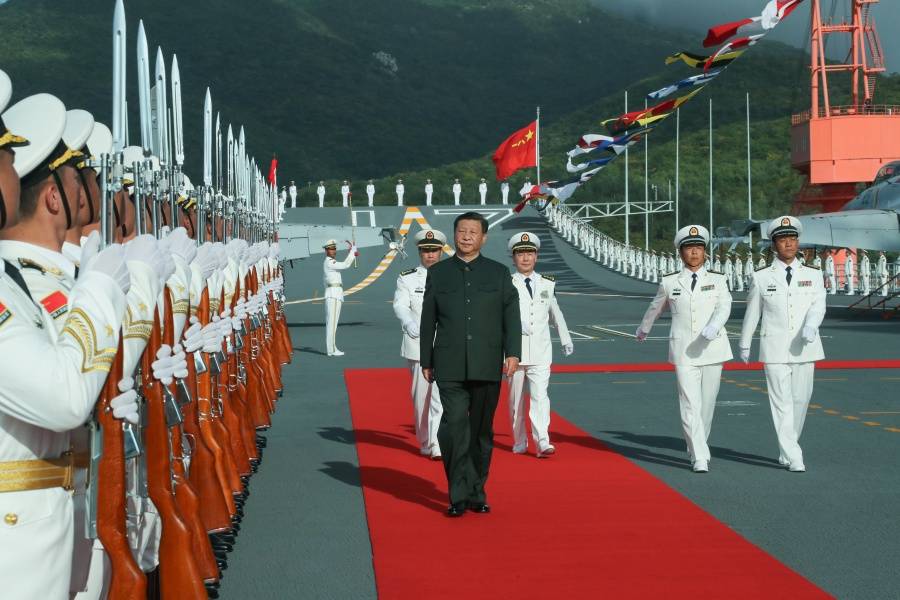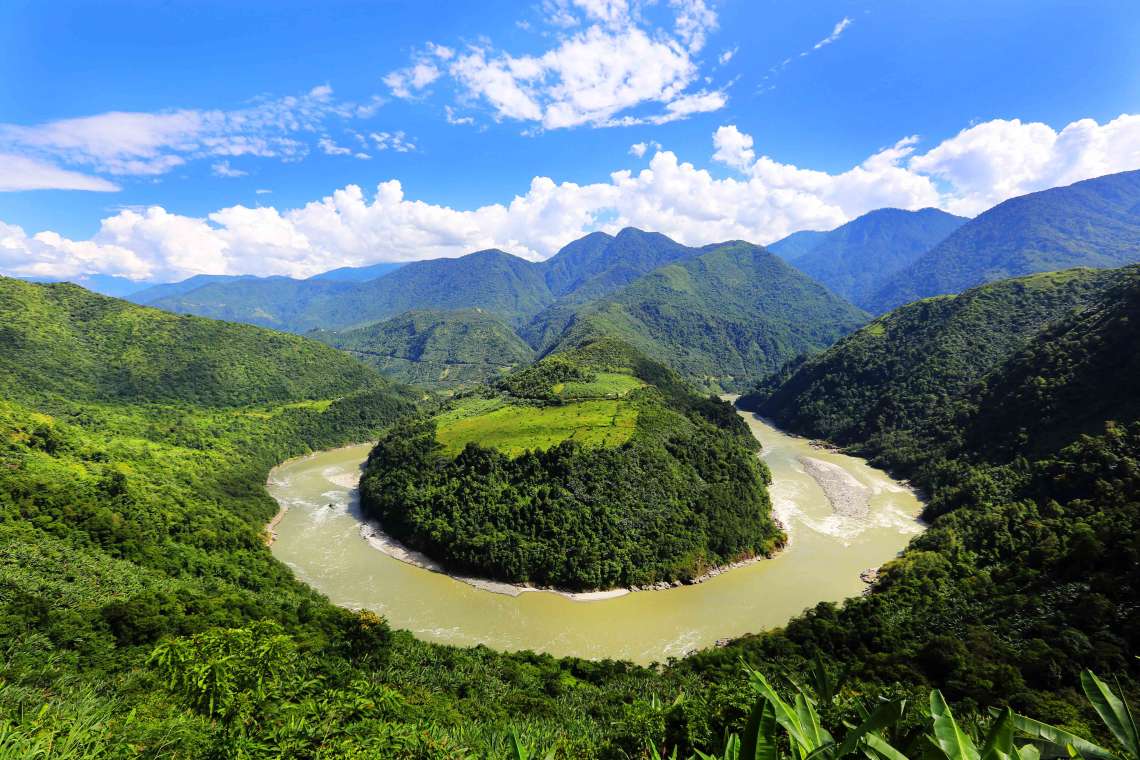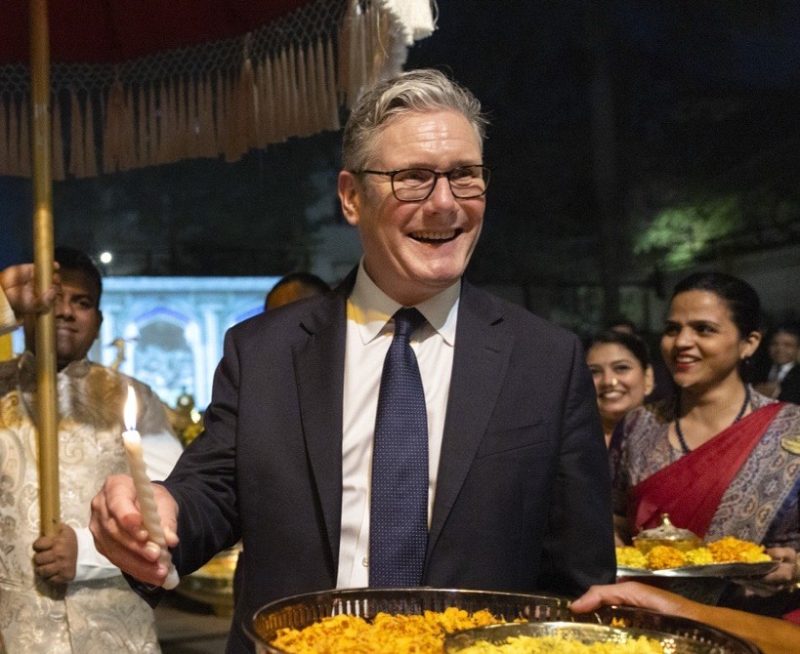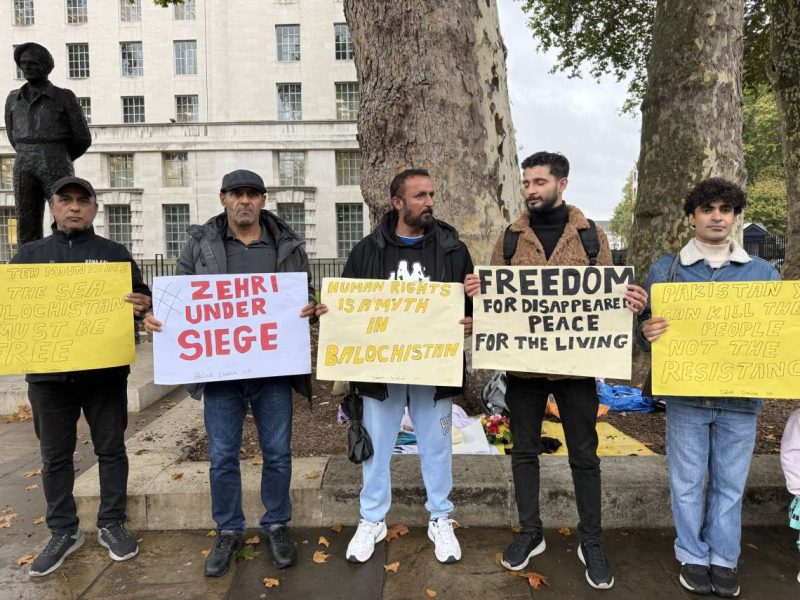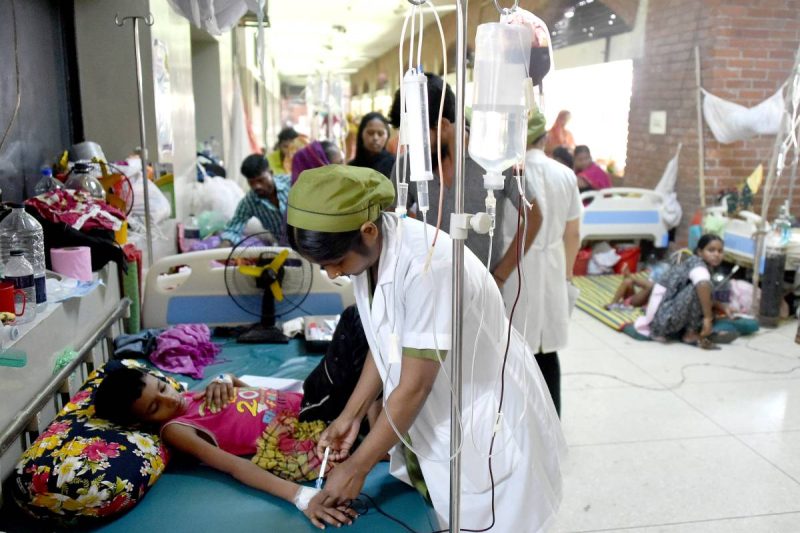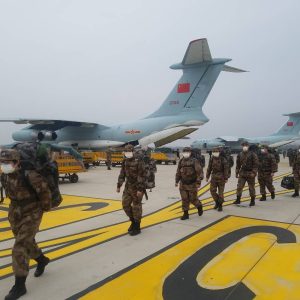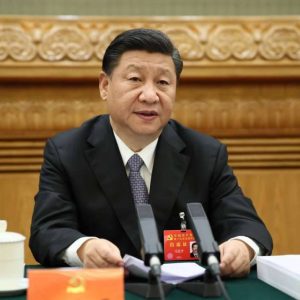China is traditionally known as a country that keeps a low profile and avoids publicity when it comes to international communication and diplomacy but in the headship of Xi Jinping, the focus has shifted now to instead advertising China as a land that is trustworthy and respectable and thereby garnering a favourable image … writes George S Smith
Communists in China were waiting for this moment. The centenary celebrations of the party. But the Covid-19 outbreak and its fallout affected China’s polished image on global stage. Being in news is good for publicity, but not when you’re routinely a subject of negative news, something that is happening with China too often now.
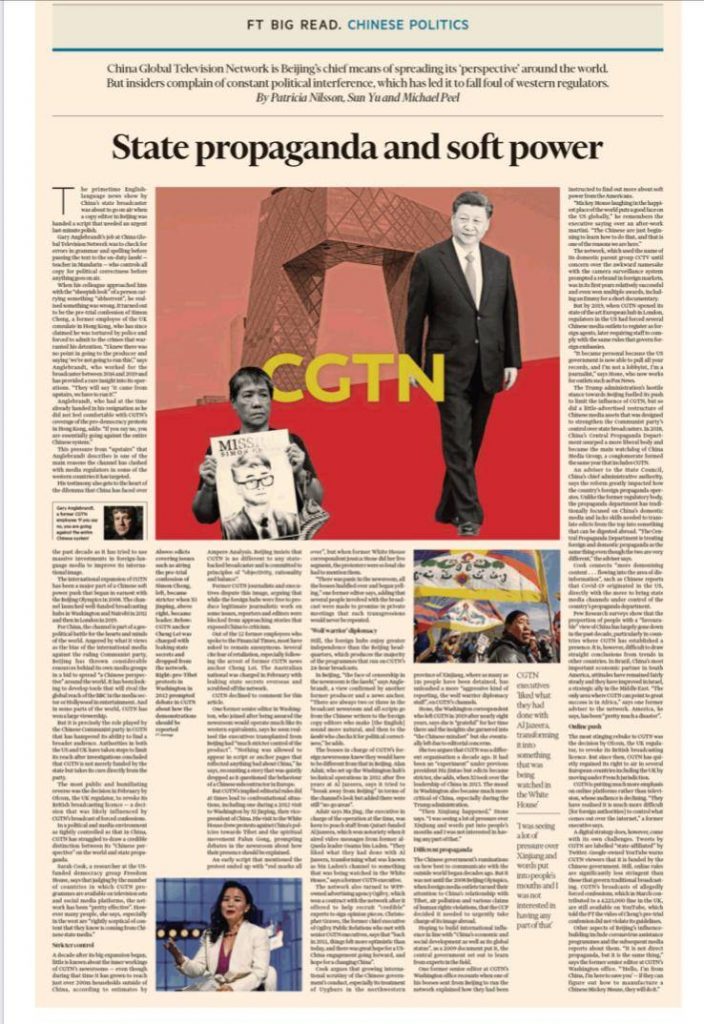
The London-headquartered newspaper Financial Times carried a full page feature story on China Global Television Network’s activities to shore up the image of China.
Party leader Xi Jinping addressed his senior party leaders a few days back asking them to build a ‘loveable’ image of China. He urged Chinese officials to enlarge the country’s circle of friends aka allies. He also suggested that his fellow party representatives need to ‘fine tune’ their communication skills when interacting with the world.
This comes at a time when American President Joe Biden has decided to work upon and mend the US relationship with other nations which were compromised because of his forerunner, Donald Trump, who focused heavily on attaining the goal of ‘America First.’
China is traditionally known as a country that keeps a low profile and avoids publicity when it comes to international communication and diplomacy but in the headship of Xi Jinping, the focus has shifted now to instead advertising China as a land that is trustworthy and respectable and thereby garnering a favourable image. The leader realises the need for a shift in perspective – from an authoritarian and oppressive regime to an empathetic global power.
Jinping also directed CCP’s authorities to get a grip on their tone and practice being humble and modest. Last month, an account on Weibo belonging to China’s party official put up an objectionable post taking a jab at India’s crisis during the second wave of Covid. The whole world, including Chinese citizens themselves found the picture inhumane, unkind and in a very poor taste for humour. The matter became a point of criticism for Beijing.
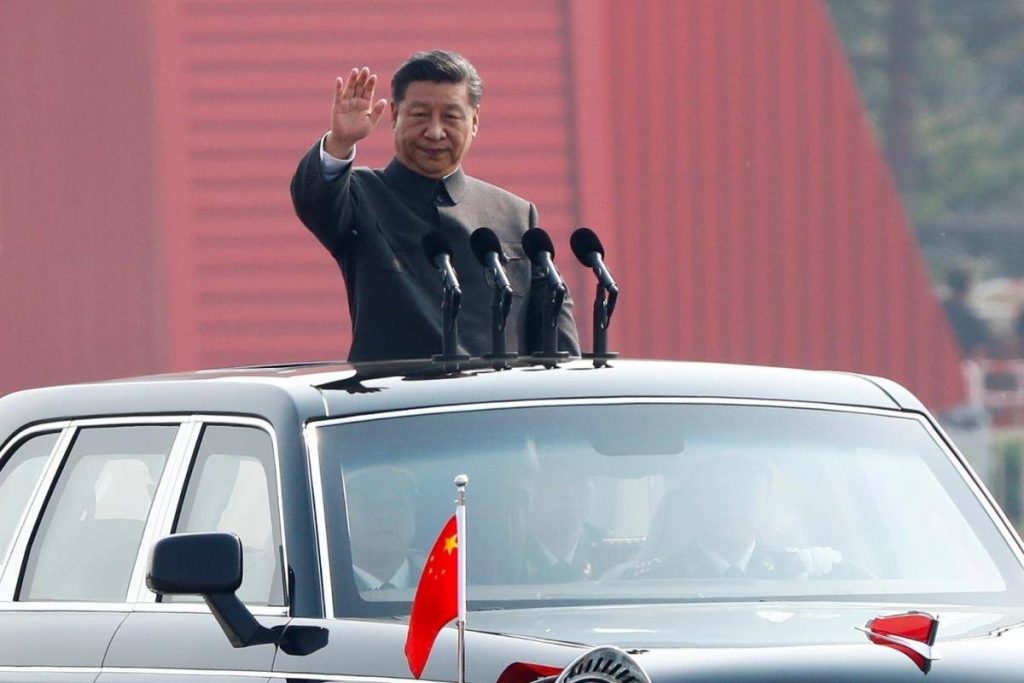
The country has also been at the centre of ridicule worldwide because of the human rights violations against the Uyghur Muslim minority group in China’s Xinjiang region. The Muslims there are said to have faced many brutalities such as forced fumigation, rape and torture. The persecution the Uyghurs by China has even been termed as ‘Genocide’.
The communist nation has always steered the public opinion domestically but of late it is also striving towards shaping a favourable narrative globally. Controlling foreign public opinion is now at the heart of China’s strategies and policies.
Heavy investments and resources now flow into developing foreign media presence to shift the narrative. China also takes advantage of the economically challenged nations by offering them lucrative employment opportunities and gaining control of their media in exchange, just like what it has done with Africa.
But how effectively does China practice this?
In recent years, public attitude and sentiments towards China are sharply dropping. The culprit might be the aggressive statements made regularly by the officials, patronizing and attacking foreign governments.
In April this year, during the opening ceremony of the Annual Conference of Bao Forum for Asia (BFA), President Jinping remarked that the internet is now the main battlefield for public opinion.
CCP has also employed social media as its trolling tool. During the Coronavirus pandemic, China spared any opportunity to bash other nations on their handling of the virus. One look at the social media accounts of the Chinese diplomats will show how crass the language and approach has become.
The country utilizes western social media outlets like Facebook and Twitter, both the which are banned in China, but the leaders of CCP have amassed a great following on these platforms, almost all of which is, in fact, manufactured.
Tons of fake accounts retweet the content of state-run media platforms and Chinese officials to amplify the propaganda that reaches millions of people giving China an innocent audience in this global fight for influence. Most countries are now aware of how China disseminate disinformation under the guise of media freedom.
Conspicuously sophisticated about hexing a flattering image abroad, China’s efforts to impress the world have been amusing to watch. It will be interesting to see how China go about changing its strategy for a global image from snobby and condescending to modest and credible.
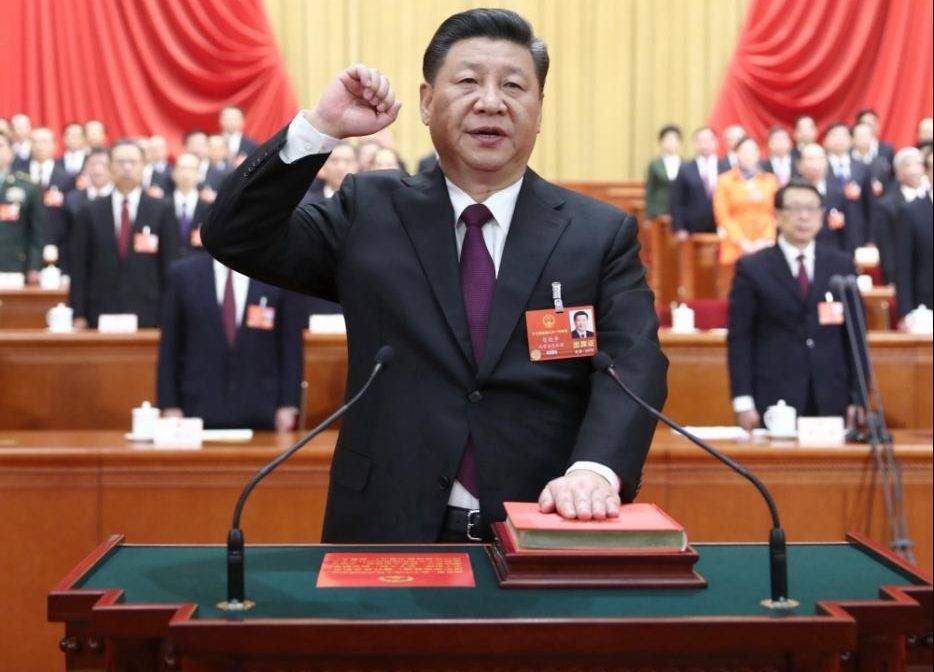
READ MORE: China will face isolation if it doesn’t cooperate
READ MORE: China is threatening Taiwan and the world


